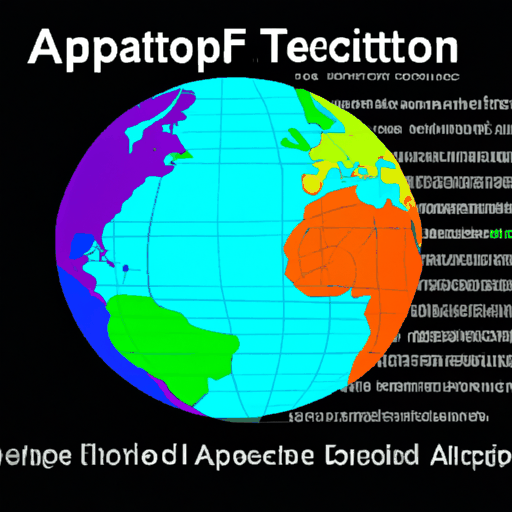
Global Commitment to Implement Cryptocurrency Tax Reporting Framework by 2027
By: Eva Baxter
The Crypto-Asset Reporting Framework (CARF), an innovative international protocol for the automatic transfer of information between tax authorities, has received commitment from nearly 50 countries to be adopted into their respective national legislation. This initiative is set to improve the ability of tax authorities to ensure compliance and fight tax evasion.
The Organisation for Economic Cooperation and Development (OECD) introduced this framework in 2022 as a response to a mandate from the G20. The deployment of the CARF aims at detailing the type of cryptocurrency and digital asset transactions, whether they happen via an intermediary or a service provider. The implementation is set to take effect in 2027.
The list of signatory nations includes all 38 OECD members in addition to certain financial offshore locales such as the Cayman Islands and Gibraltar, both Overseas Territories of the UK. However, this EU-centric list does not encompass key economies such as China, India, Russia, Turkey and the United Arab Emirates, along with all African countries and only two from Latin America - Chile and Brazil.
This commitment to CARF is not the only measure enacted at the global level to scrutinize crypto income. In October, the eighth version of the Directive on Administrative Cooperation (DAC8), a crypto tax reporting rule, was endorsed by the European Union's Council. DAC8 is designed to provide tax authorities power to track and assess every cryptocurrency transaction conducted by individuals and entities within EU member states.



